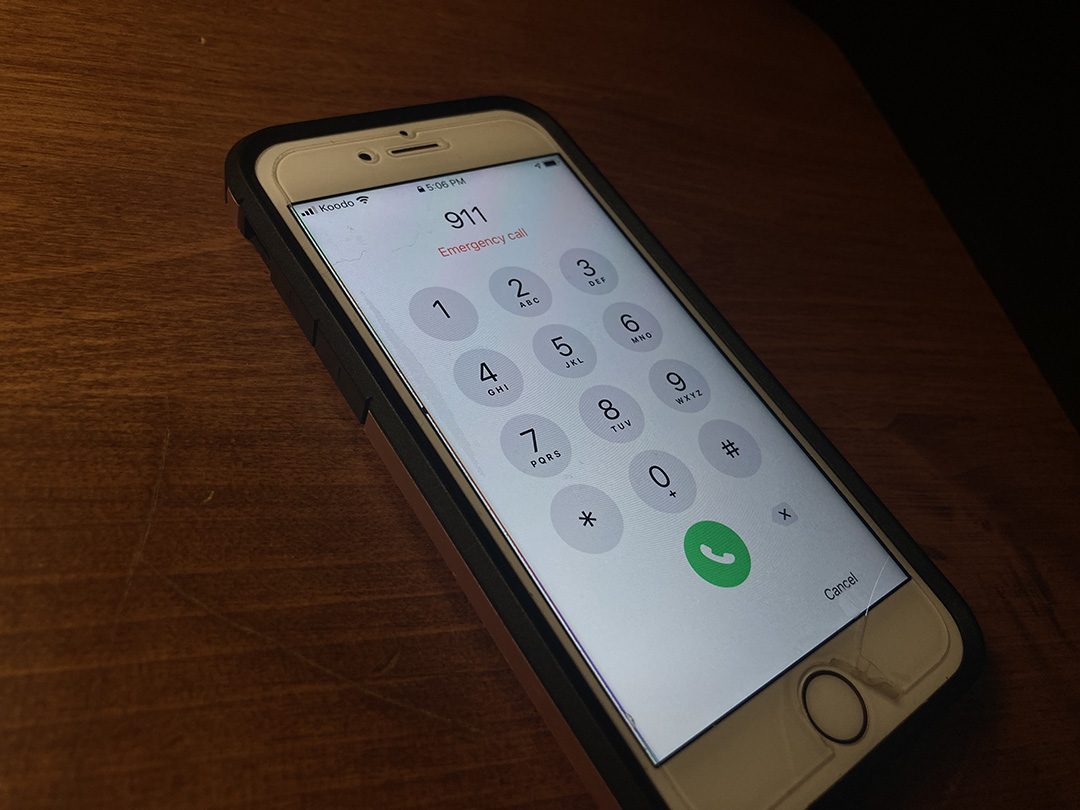In times of crisis, the communications department of the Durham Regional Police Service (DRPS) answers the call, literally.
“It takes a special kind of person to do this job,” said Nicole Holdforth, who has worked in the DRPS communications department as a 911 operator and dispatcher since 2019.
Holdforth graduated the corrections program at Durham College in 2018, deciding to pursue a career at DRPS out of a desire to “give back to the community.”
The application process was a long one, according to Holdforth. After graduating, she attended seminars and events held by DRPS.
“I think one of the biggest things they want to see in recruits are people that are willing to give up their time, to show up, to volunteer, to be a part of the community,” said Holdforth, “once you do that, you start to network, start to learn things about the service. You meet a lot of people and get your feet on the ground.”
After networking for a year, she applied to DRPS initially to become a police officer and went on to do a series of interviews and examinations regarding both her personal history and knowledge of the police service.
“They really dig into what your intentions are, what you know about the service, what you expect from the service,” said Holdforth on the first round of interviews, which must be successfully passed to advance in the process.
The next round of interviews included scenario questions and aimed to learn about her life skills. Her personal life was examined in depth, according to Holdforth, who was asked about her personal history as well as her relationship with friends and family.
“One of the things my background investigator had told me was that ‘by the end of this I should know you better than your friends’ so it’s really important to have a clean record going into it and know that someone is going to be digging really deep into who you are,” said Holdforth.
After this step was passed, a mental examination was done to ensure she was prepared to handle the demands of the job. Initially she did not pass all examinations, a year later she re-applied to the communications department and was hired.
According to Holdforth, communications training began with a three-month call-taking training process. This included learning over 120 ‘call types’ and memorization regarding specific questions that must be asked when answering a 911 call. She said this was ‘like learning a whole new language’ and said it was the most difficult part of her training process.

Afterwards she worked as a 911 operator and later a dispatcher, who serves as a middleman between the call taker and the emergency service workers who must be deployed. According to Holdforth, at least seven dispatchers must be working at all times and can be responsible for deploying up to 20 police officers at once.
The job can be emotionally draining, according to Holdforth, as being a call taker includes communicating with members of the public who are in crisis.
“I think the bigger tips in terms of dealing with stress at our job is don’t take anything personally. Everyone is going through their own crisis, unfortunately you will get yelled at, you will be called names, you’ll get all kinds of people who aren’t happy with what you’re doing,” said Holdforth, “you have to disconnect yourself and don’t get too emotionally involved in what’s happening on the other end of the phone.”




